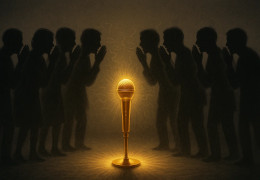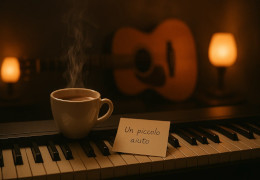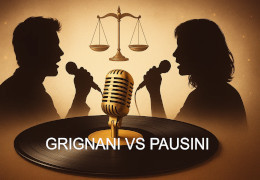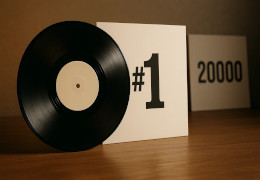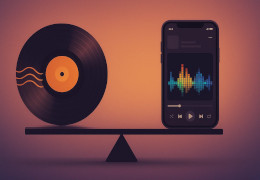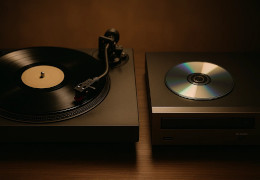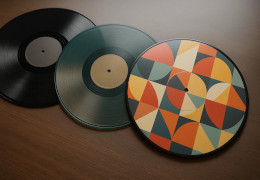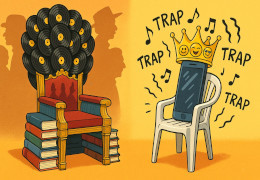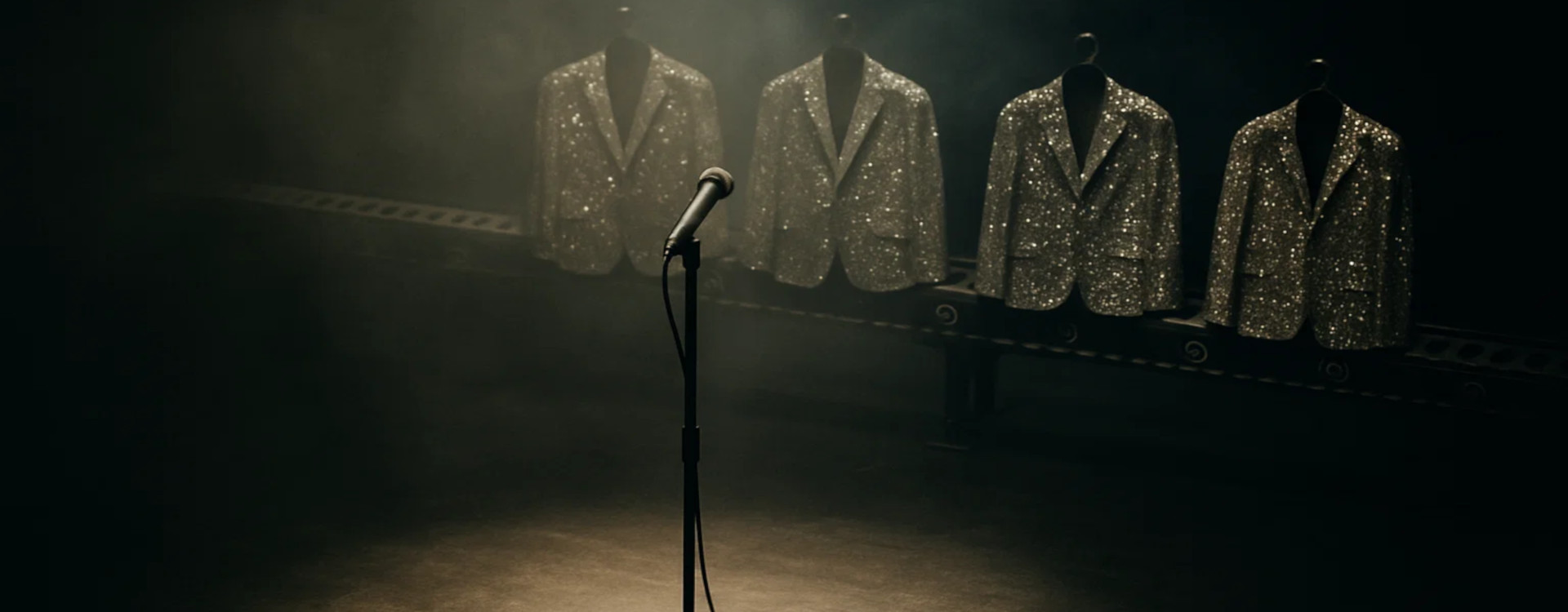Talent Shows: Between Opportunity and Conformity
Talent shows promise shortcuts to success. But are they genuine social elevators for music—or containers that flatten styles and languages? Pros and cons, with concrete examples.
What we mean by “talent shows” today
By “talent shows” we mean TV and digital formats (X Factor, Amici, The Voice, Got Talent) that select, train and pit singers or bands against each other before a mass audience. These are well-oiled stage machines: mentorship, instant visibility, serial storytelling. Yet every format brings an aesthetic and a set of rules that shape what we end up hearing.
Where the opportunities really are
Accelerated visibility
In just weeks, an artist can be known by millions. That can compress years of club gigs and unfriendly algorithms. It’s a boost very few channels can offer.
Training and network
Vocal coaches, house bands, producers, songwriters: a real ecosystem, not theory. Contacts and skills often remain after the show ends.
Storytelling
A well-crafted personal story builds a bond with audiences. Narrative helps turn a voice into a project.
Industry access
Labels, publishers, booking agencies and brands watch talent shows like radar: concrete opportunities for those who can move smartly after the spotlight.
The risk of conformity (how it arises and why)
A format that selects for style
The competition rewards “TV-friendly” songs: length, immediate impact, predictable crescendos. Result: different languages squeezed into the same mold.
Covers before original songs
Reinterpretations showcase technique but delay original material. We judge timbre more than repertoire, and authorship matures late.
Short-term metrics
Share, trending and viral clips push toward safe choices. Creative risk rarely makes prime time.
Uncertain afterlife
Without a clear vision, the ex-contestant remains a “format character.” It takes songs, artistic direction and time to become a true “artist.”
Who really benefits (and what changes for audiences)
Talent shows work when three interests align: entertainment (the contest), market (singles, tours, syncs) and artistic growth (repertoire, identity). When one is missing, the effect is fleeting: we hear impressive yet interchangeable performances. For audiences, the greatest value is discovering new voices and following their evolution after TV, where the real records are made.
How to watch talent shows usefully (for everyone)
- Ask what remains when the lights go out: is there a recognizable sound beyond the cover?
- Listen to original tracks: EPs and originals speak louder than televotes.
- Track the “second year”: contracts, touring, collaboration with producers—this is where careers are measured.
- Compare formats: some reward authorship, others spectacle; outcomes differ.
Talent vs conformity: can it be avoided?
Yes—when the format is a springboard, not a finish line. Success cases show three elements: original repertoire early, coherent production (not “a bit of everything to please everyone”), and a clear position (who you are, which scene you move in, what you promise your audience). In short: use the talent show to open doors, not to live in the hallway.
Artists who emerged from talent shows and built solid careers
Italy
- Måneskin (X Factor)
- Marco Mengoni (X Factor)
- Alessandra Amoroso (Amici)
- Emma Marrone (Amici)
- Annalisa (Amici)
- Elodie (Amici)
- Giusy Ferreri (X Factor)
- Noemi (X Factor)
- Francesca Michielin (X Factor)
- The Kolors (Amici)
- Irama (Amici)
- Il Volo (Ti lascio una canzone)
- Gaia (Amici / former X Factor)
International
- Kelly Clarkson (American Idol)
- Carrie Underwood (American Idol)
- Jennifer Hudson (American Idol)
- Adam Lambert (American Idol)
- Leona Lewis (The X Factor UK)
- One Direction (The X Factor UK)
- Little Mix (The X Factor UK)
- James Arthur (The X Factor UK)
- Fifth Harmony (The X Factor USA)
- Susan Boyle (Britain’s Got Talent)
- Paul Potts (Britain’s Got Talent)
- Calum Scott (Britain’s Got Talent)
Quick FAQs
Do talent shows create real opportunities?
Yes, especially in visibility and professional networks. The difference is made after the show: original songs, the right team and consistency.
Why do many contestants “sound alike”?
The format and TV timing favor safe choices (covers, predictable climaxes). Without space for authorship, differences get thinner.
Are there more “author-driven” talent shows?
It depends on the season and the judges: when coaches value songwriting and original arrangements, stronger identities emerge.
As viewers, what can we do?
Reward those who bring originals, follow artists after the show, go to live gigs: that tells the industry originality has an audience.

